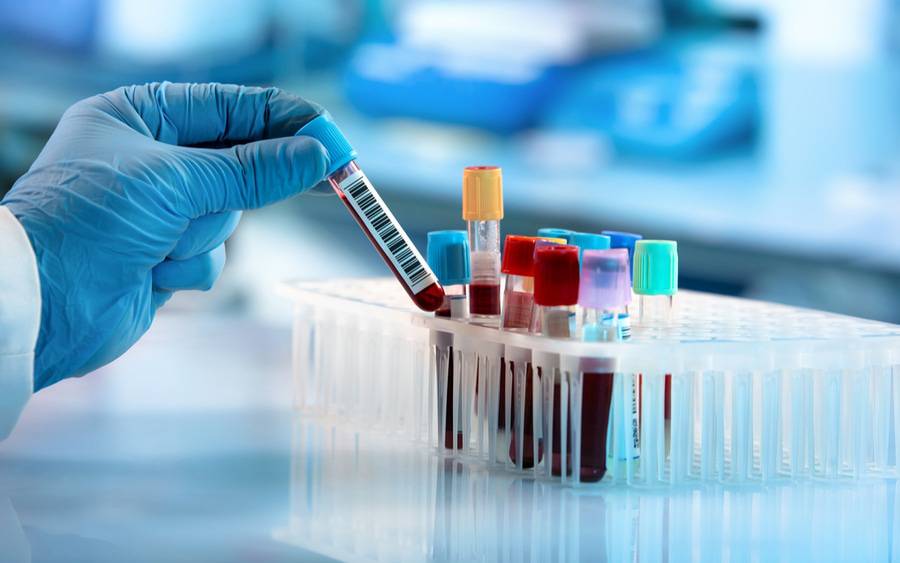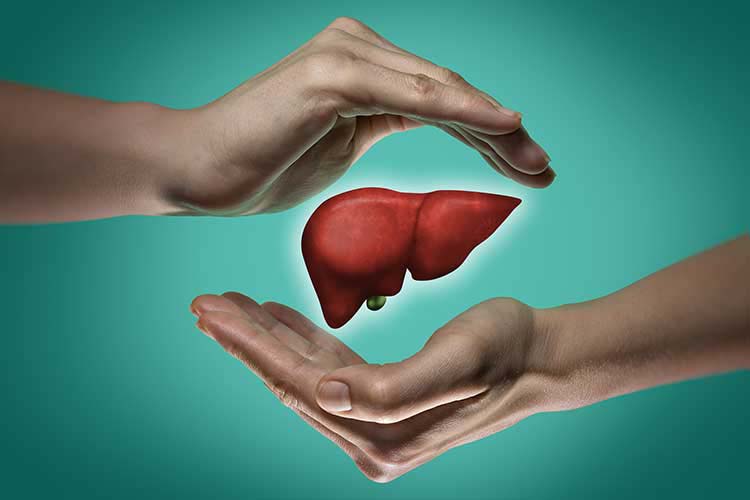
Routine blood tests are an essential part of preventive healthcare, offering valuable insights into your overall health and helping identify potential health issues early on. At a reputable pathology lab in Kolkata & Bhopal, a basic blood test can reveal critical information about various aspects of your health, from your immune system to metabolic function. If you’re planning to get a check-up or want to understand what your test results mean, here’s a look at five crucial health indicators that show up in a routine blood test list.
-
Complete Blood Count (CBC)
One of the most commonly ordered tests, the Complete Blood Count (CBC) provides a comprehensive analysis of the cells in your blood. This test measures red blood cells, white blood cells, hemoglobin, hematocrit, and platelets. Each component gives insights into different aspects of your health.
- Red Blood Cells (RBC): Low RBC counts could indicate anemia, while high RBC counts might signal dehydration or heart disease.
- White Blood Cells (WBC): WBCs are your immune cells. High levels may indicate infection, inflammation, or even stress, whereas low levels could suggest immune system issues.
- Platelets: Platelets are responsible for blood clotting. Abnormal platelet levels may signal bleeding disorders or bone marrow diseases.
Why It’s Important: A CBC test helps detect infections, inflammation, and blood disorders and provides a general overview of your immune health.
-
Blood Sugar Levels (Glucose Test)
A blood sugar test, also known as a glucose test, measures the amount of glucose in your blood. Glucose is the body’s main source of energy, and keeping it within a healthy range is crucial for overall well-being.
- Fasting Blood Sugar (FBS): FBS is checked after an overnight fast and is used to diagnose diabetes or prediabetes.
- Random Blood Sugar: This can be checked at any time of the day and provides an indication of how your body is managing glucose throughout the day.
Why It’s Important: Regular monitoring of blood sugar levels can help detect diabetes early and enable better management of blood sugar for those already diagnosed. A pathology lab in Kolkata can provide a fasting blood sugar test as part of a routine health check-up.
-
Lipid Profile
A lipid profile is a group of tests that measures different types of fats in the blood, including cholesterol and triglycerides. Cholesterol levels are an important indicator of heart health, and knowing your levels can help you make lifestyle changes if needed.
- Total Cholesterol: High cholesterol levels can increase the risk of heart disease and stroke.
- HDL (High-Density Lipoprotein): Known as the “good” cholesterol, HDL helps remove excess cholesterol from the blood.
- LDL (Low-Density Lipoprotein): Known as “bad” cholesterol, high levels of LDL can lead to plaque buildup in arteries, increasing the risk of heart disease.
- Triglycerides: Elevated triglycerides can indicate an increased risk of cardiovascular diseases, obesity, and metabolic syndrome.
Why It’s Important: Monitoring cholesterol levels is essential for heart health. Early detection of high cholesterol can prevent cardiovascular complications and promote a heart-healthy lifestyle.
-
Liver Function Tests (LFTs)
Liver function tests are part of a routine blood test list and are crucial in assessing liver health. The liver plays a vital role in detoxifying the body, producing bile, and managing various nutrients and hormones. An LFT measures enzymes and proteins produced by the liver, which indicate its health and functionality.
- ALT (Alanine Transaminase) and AST (Aspartate Transaminase): High levels of these enzymes can suggest liver damage or inflammation.
- ALP (Alkaline Phosphatase): Elevated ALP levels could indicate liver disease, bile duct obstruction, or bone disorders.
- Bilirubin: High bilirubin levels may lead to jaundice and could be a sign of liver disease or bile duct obstruction.
Why It’s Important: Liver function tests help in the early detection of liver disorders, hepatitis, and liver damage, ensuring timely treatment and management.
-
Kidney Function Tests
Kidney function tests assess how well your kidneys are filtering waste from your blood. These tests are particularly important for individuals with high blood pressure, diabetes, or a family history of kidney disease. The two main components of a kidney function test are blood urea nitrogen (BUN) and creatinine.
- Blood Urea Nitrogen (BUN): BUN measures the amount of nitrogen in the blood that comes from urea, a waste product of protein breakdown. High levels may indicate kidney issues or dehydration.
- Creatinine: Creatinine is a waste product of muscle metabolism. Elevated levels in the blood may signal kidney impairment.
Why It’s Important: Regular kidney function tests can help detect kidney problems early and are essential for those with conditions that could affect kidney health, such as diabetes and hypertension.
The Importance of Routine Blood Tests
Routine blood tests offer valuable insights into your health, often detecting conditions before they become serious. By understanding these five key indicators—CBC, blood sugar, lipid profile, liver function, and kidney function—you can take proactive steps in managing your health. Whether you’re visiting a pathology lab in Kolkata & Bhopal or scheduling a routine check-up with your doctor, these tests are fundamental for preventive care.
Final Thoughts
Maintaining your health requires regular check-ups and awareness of potential issues. Routine blood tests offer a window into various health aspects, empowering you to take control of your well-being. If you’re planning to get these tests done, visiting a reliable pathology lab in Kolkata ensures accuracy, professional service, and timely results. These simple tests provide essential information, helping you make informed health decisions and take action where necessary. Remember, preventive care is the best care!


